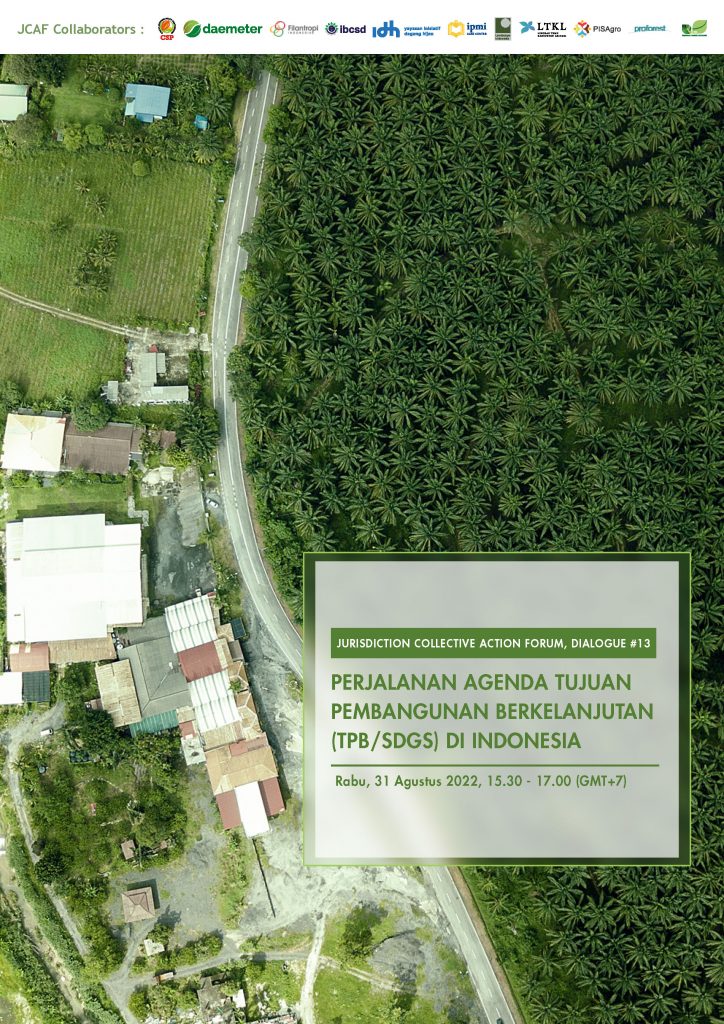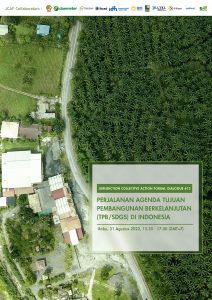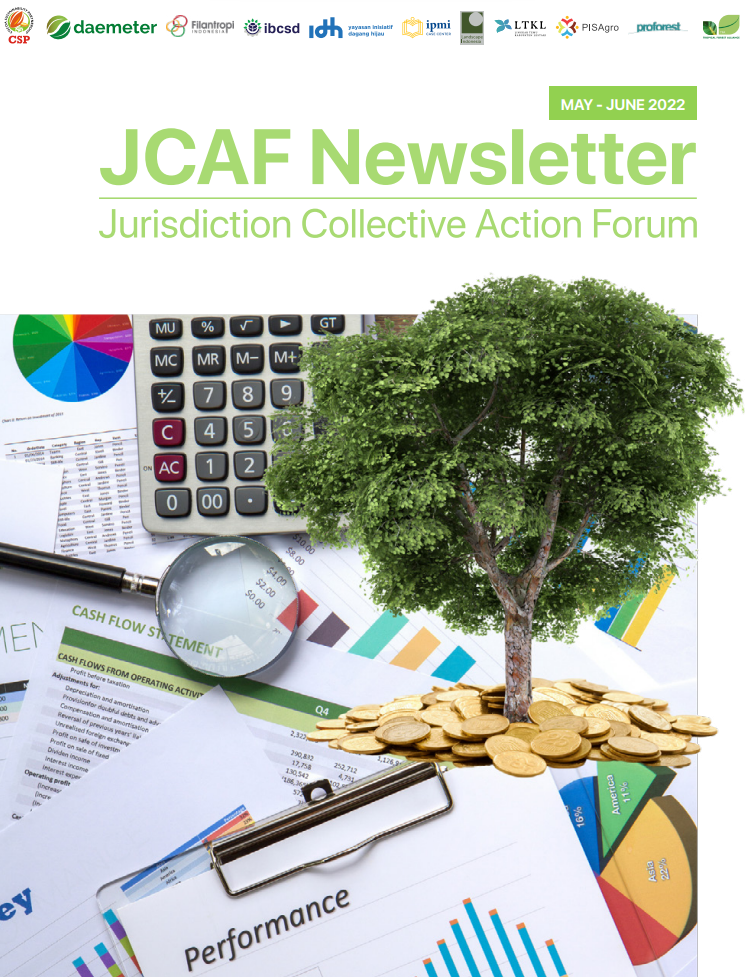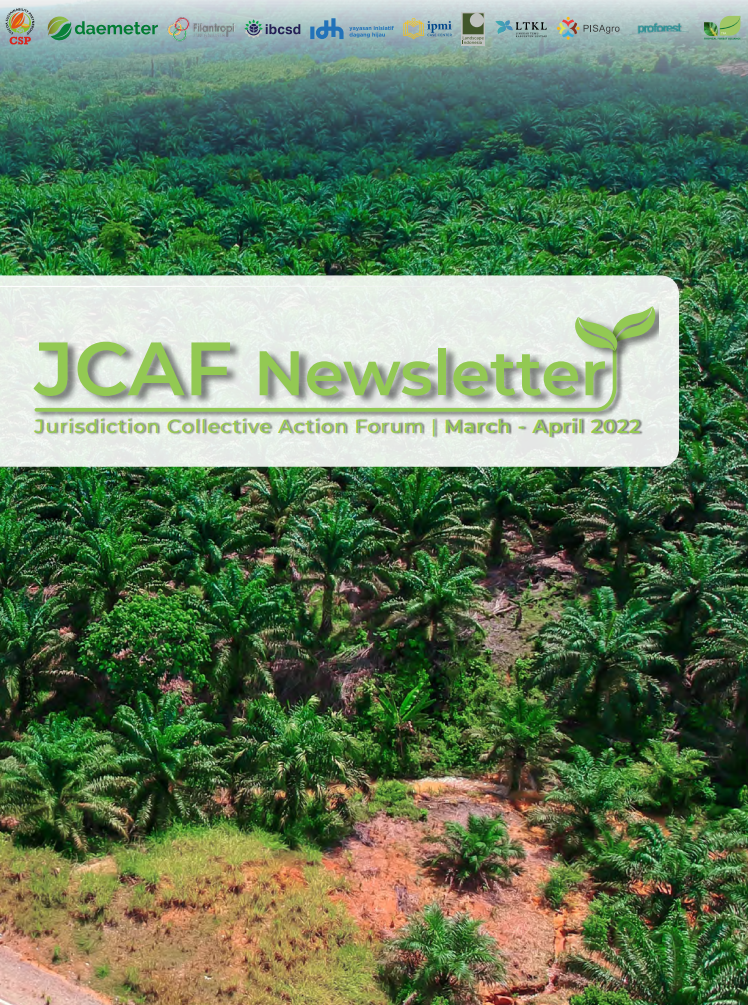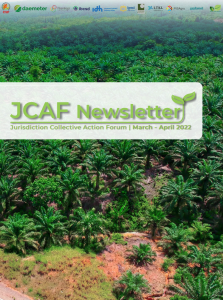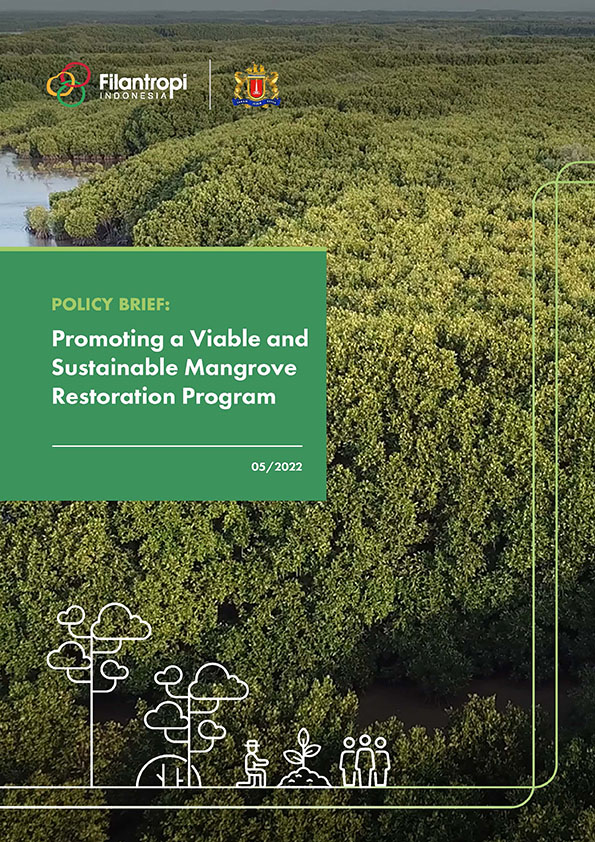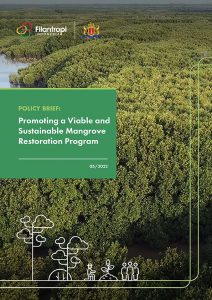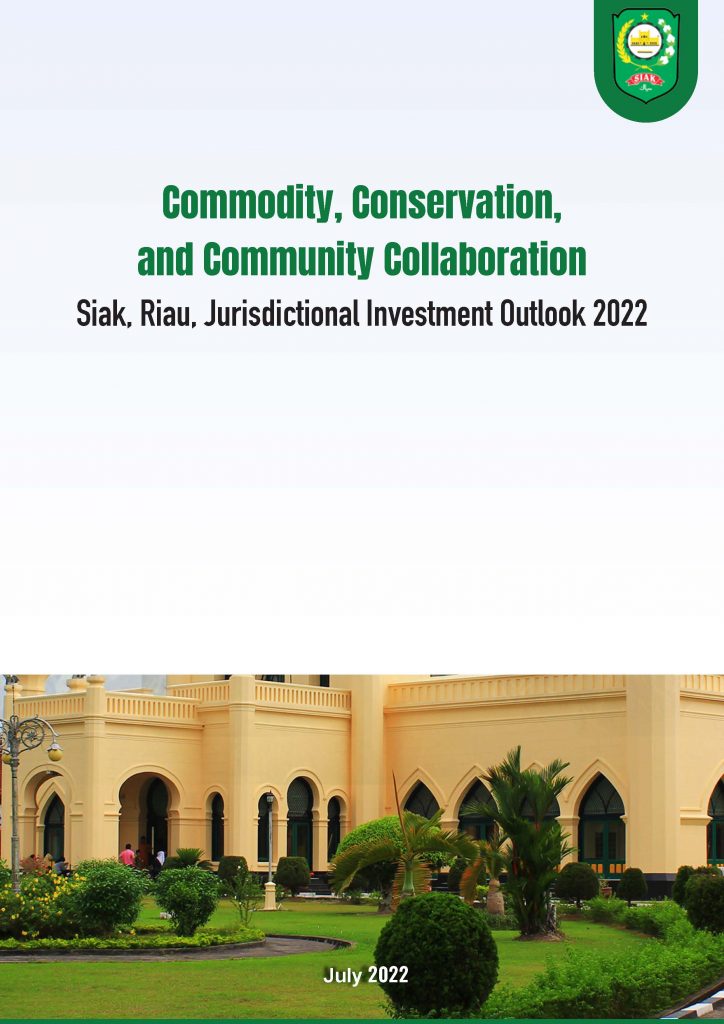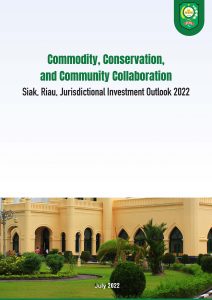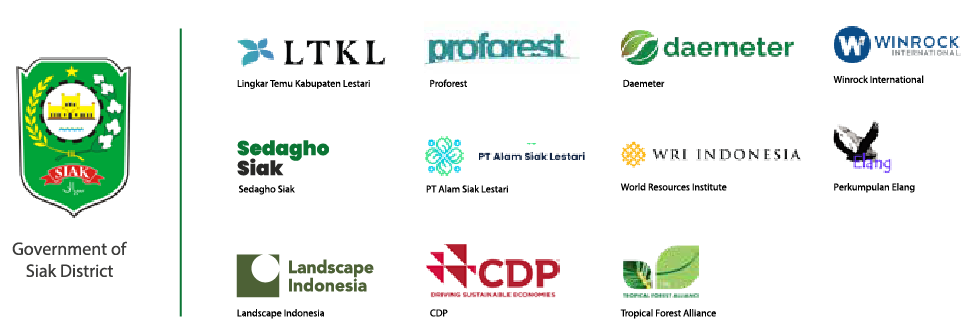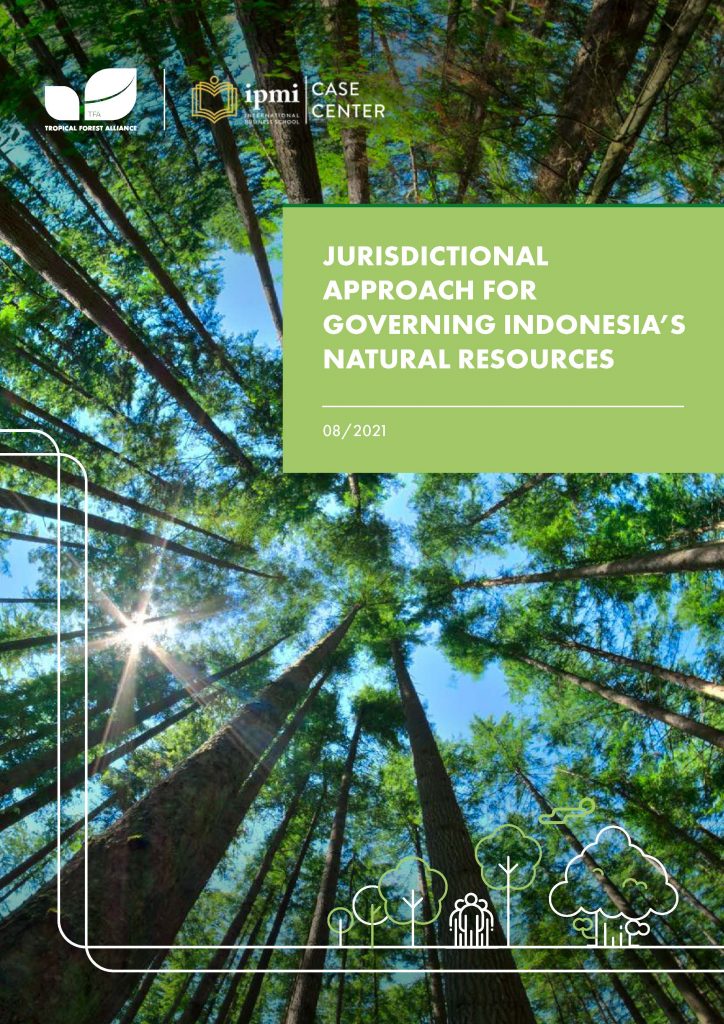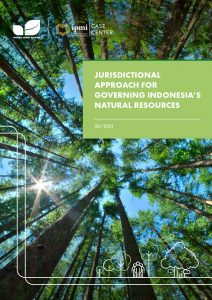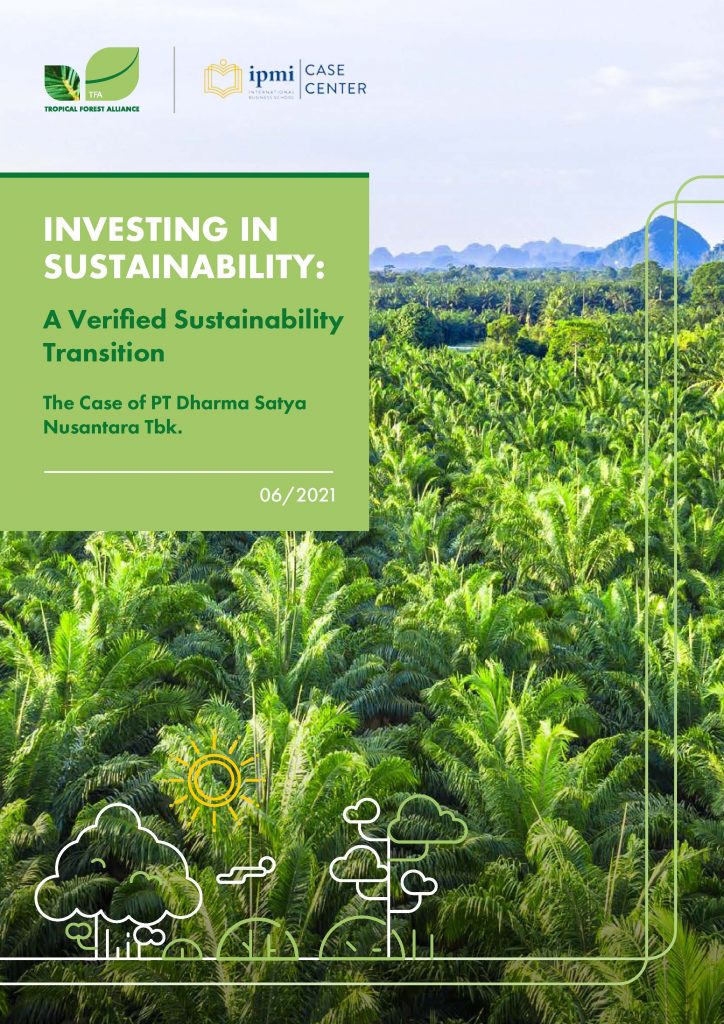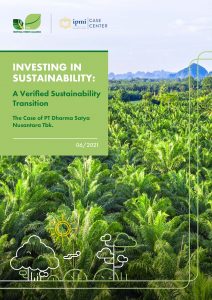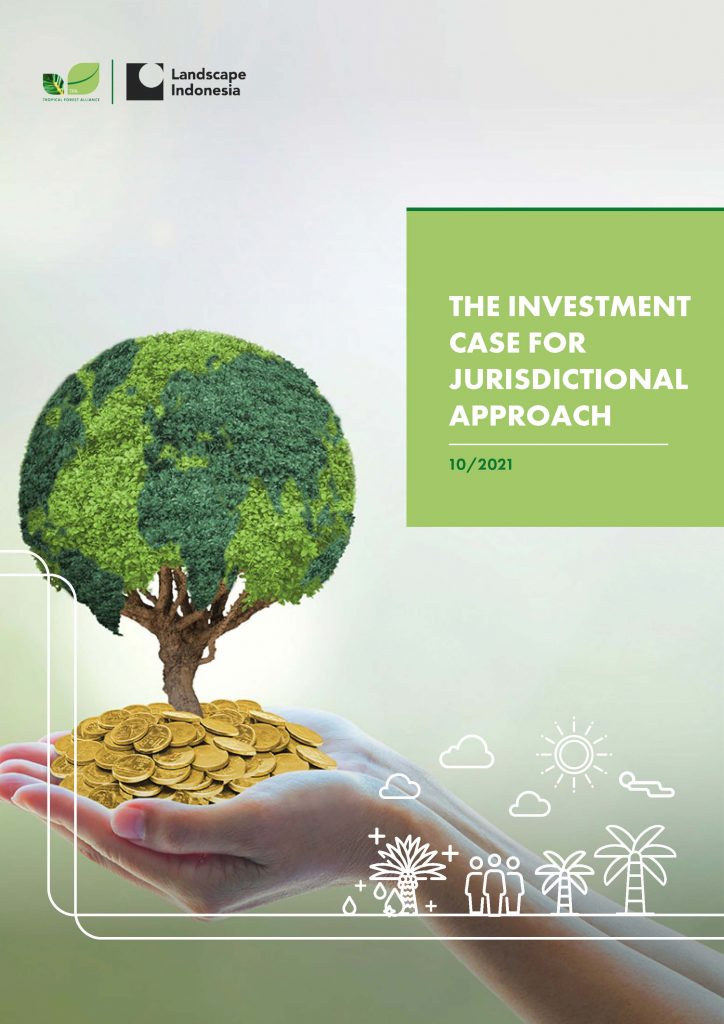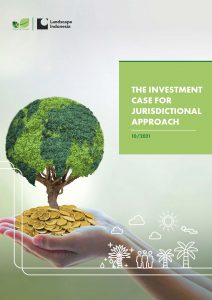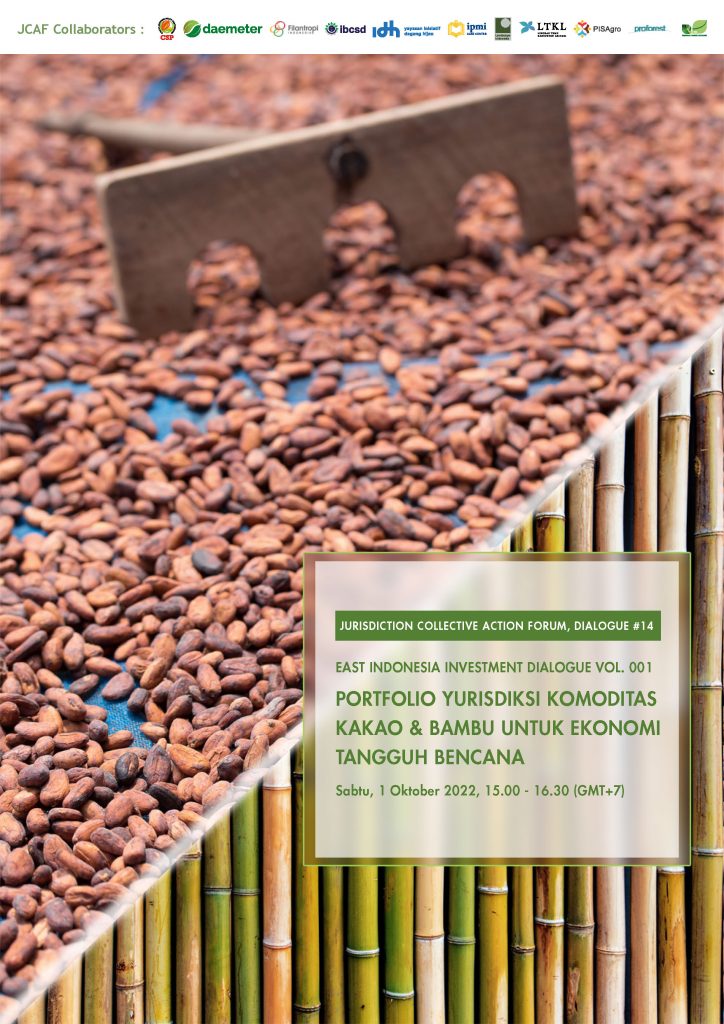
JCAF Dialogue #14: Portfolio Yurisdiksi Komoditas Kakao & Bambu Untuk Ekonomi Tangguh Bencana
EAST INDONESIA INVESTMENT DIALOGUE VOL. 001
PORTFOLIO YURISDIKSI KOMODITAS KAKAO & BAMBU UNTUK EKONOMI TANGGUH BENCANA
RINGKASAN EKSEKUTIF
Indonesia merupakan salah satu negara yang rentan terhadap dampak perubahan iklim, yang kemudian diperparah dengan adanya pandemi Covid-19. Oleh karena itu diperlukan sebuah skema ekonomi tangguh bencana salah satunya melalui diversifikasi ekonomi. Perekonomian Bali yang mengandalkan sektor pariwisata sangat terdampak saat Pandemi Covid-19 terjadi. Peluncuran Smesco Hub Timur pada tanggal 1 Oktober 2022 dan berbasis di Bali hadir untuk menjawab dua permasalahan yaitu mendorong diversifikasi ekonomi Bali dan memperkuat Kabupaten di wilayah timur secara khusus dalam penguatan dan pengembangan produk UMKM. Smesco Hub Timur ini akan berperan sebagai sebuah investment hub yang dilengkapi dengan SME’s Investment Dashboard untuk menghubungkan UMKM dan investor.
Kabupaten Sigi yang terletak di Sulawesi Tengah merupakan salah satu kabupaten di wilayah Timur Indonesia yang memiliki potensi pengembangan komoditas kakao dan bambu. Kakao merupakan salah satu komoditas ekspor unggulan Indonesia berasal dari Kabupaten Sigi, Sulawesi, yang juga tercatat sebagai produsen kakao terbesar di Indonesia dengan produktivitas tertinggi yaitu 20% atau 19.224,4 ton dari total produksi kakao di Sulawesi Tengah dengan penggunaan lahan terluas yaitu 27.705 ha. Namun demikian, prestasi biji kakao Sigi masih terkendala dengan kualitas bijinya yang rendah karena kurangnya proses fermentasi.
Menurut perwakilan aliansi cocoa di Indonesia, Cocoa Sustainability Partnership (CSP), sektor kakao Indonesia menghadapi persoalan produktivitas yang rendah. Padahal sektor kakao berpeluang menciptakan peningkatan pendapatan petani kakao hingga 8 triliun rupiah per tahun dengan catatan terjadi peningkatan produktivitas. CSP merupakan salah satu mitra pembangunan yang aktif mendorong pengembangan sektor kakao yang berkelanjutan di Kabupaten Sigi. Selain CSP, mitra pembangunan lain seperti LTKL dan PISAgro juga mendukung pengembangan sektor kakao Kabupaten Sigi.
Pada bulan Mei 2021, Pemerintah Sigi, CSP, LTKL, dan PISAgro telah menandatangani Nota Kesepahaman mengenai pembangunan industri kakao berkelanjutan di Sigi. Komoditas bambu saat ini juga tengah dikembangkan oleh Sigi yang berkolaborasi dengan Yayasan Bambu Lestari melalui pengembangan Desa Wanatani Bambu dan Bronjong Bambu sebagai upaya mitigasi bencana, khususnya banjir yang beberapa kali melanda Sigi.Melalui dialog Investasi Indonesia Timur ini, Kabupaten Sigi mengundang para mitra pembangunan dan investor untuk mengembangkan potensi komoditas kakao dan bambu. Dengan dukungan para mitra, harapannya dapat menciptakan kakao Sigi yang unggul dan bernilai jual tinggi yaitu organik dan ramah lingkungan.

